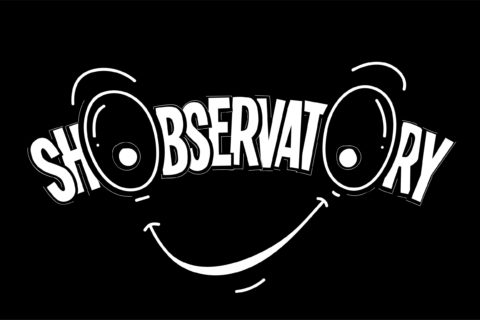After several sessions that were focusing on how to move research online, the discussion for this session took more of a helicopter view by outlining the impact of COVID-19 on the quality of research projects. The conversation was kick-started by experts from ESOMAR’s Professional Standards Committee: Reg Baker, Kathy Frankovic, and Jon Puleston.
The overarching theme of the session was to underline that the general and most basic market research skills are now more important than ever – they are crucial right now in order to develop balanced questionnaires and understand how people are feeling during this time. Our role as researchers is to observe current changes in behaviours and share insights on what is working for people.
Delivering reliable data in a fast-moving situation
Since the outbreak of the COVID-19 crisis there has been a great need for availability of data that shows how consumers are changing their behaviour. The situation is reshaping on a daily basis and being able to deliver insights quickly is critical. We are now at Ground 0 – benchmarking is incredibly valuable right now and can give us points to navigate from in the future.
Although there are many questions around whether we should modify existing trackers, we should hold back from tweaking them too much, particularly any trackers (incl. sample quotas) currently running on an ongoing basis. Trends do matter, particularly at this point in time.
If you are designing a study that looks at the current crisis in particular, a good starting point would be to look at the data you may have from the period preceding the crisis and see if you can repurpose any of the questions. If possible, revisit a completed survey from a month ago and re-interview the same people so that you can weigh your sample and better understand where the response issues may be.
Questions researchers should be asking to get a reliable and unbiased response
Critical to get good quality insights is asking the right questions. There might be repositories in your country that aggregate all questions which have been asked in public surveys, that may be very helpful. Another great resource is your own past work!
As researchers, we need to think about how to give people the opportunity to freely express their feelings and opinions, so it’s best to avoid leading questions! If a question is not working or is leading, try to reframe it in a slightly different way or from a different perspective.
Given the nature of the pandemic, the situation might vary in different parts of the world. While some regions are already slowly recovering from the consequences of the virus, other regions are only at the beginning of the cycle. Therefore, when doing international studies, account for the fact that various regions may be at a very different stage of recovering from the COVID-19 outbreak.
And last but not least, call upon your experience as a market researcher right now and don’t overlook the basics of writing a questionnaire!
How to address the digital divide
As research is currently moving almost completely online, it is very important to assess if there are certain groups underrepresented in the online populations. We may see that some parts of the population are not yet comfortable with the switch to online, therefore don’t forget that telephone interviews are still possible, for example through CATI at home.
Equally, don’t underestimate the representativity of online audiences as a huge proportion of the global population is using mobile phones. A proper approach to obtaining representative samples could be to focus on a careful demographic segmentation rather than measuring often not reliable things such as i.e. income.
Some further guidance on online samples can be found in the Guideline for Online Sample Quality.
The argument for an ‘Emerging Stronger’ strategy
There’s no doubt that this crisis of economy & societies will affect our sector. We must therefore continue to ask ourselves critical questions: What can we do to emerge stronger after this crisis? How can we improve the way we do research and what new solutions can we pioneer?
As researchers, we have a critical economic role to cross-communicate solutions across the world. This role is more important than ever with a world in crisis. We need to keep the finger on the pulse of consumer behaviour to keep up with significant changes in our societies.
Therefore, invest the time wisely over the next few months to make the most of the opportunities arising from this process. Try to experiment and review your methodologies. That way, together, we can emerge stronger from this crisis.


